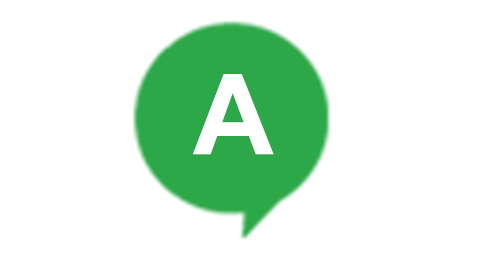Do I need a doctor’s referral?
You do not need a doctors’ referral to make a speech pathology appointment. A referral is not required to claim a rebate from you health fund. If your GP has referred your child under the Primary Care program you will need this referral to claim the rebate for 5 sessions from Medicare. It is a good idea to discuss your concerns about your child with your GP or Paediatrician.
Do late talkers catch up on their own?
Many parents believe that their late talker will catch up without any problems. Some children will catch up and others do not. Research shows that some children who are later talkers and catch up are at a greater risk of reading difficulties. An assessment by a Speech Pathologist will help you determine if the language delay is a cause for concern. Parents are the most significant people in a child’s environment and giving you ideas to help develop your child’s language skills can significantly improve their ability to communicate. We know that learning language is partly innate and partly learnt through social interactions.
Do we need to organise a hearing test?
Children with excellent hearing can still have speech and language problems. However, a hearing difficulty, a history of ear infections and glue ear are all risk factors for speech and language problems. Your child should have had a hearing assessment at birth but if you are concerned about their hearing discuss this with your GP.
Is my child too young to see a Speech Pathologist?

Children do develop speech and language at their own pace but there is concern if they do not reach some milestones.
By 18 months, your child should
- Use at least 20 words
- Be intelligible to strangers 25% of the time
- Point to common objects and body parts
By 2 years, your child should
- Have at least 100 words and have 2 word combinations
- be intelligible to strangers 50% of the time
- Ask and answer simple questions
- Follow simple instructions
By 4 years, your child should
- Use sentences of 4 or more words
- Grammar should be correct most of the time
- Have wide vocabulary
- Be intelligible to strangers 100% of the time
Research shows that early intervention for speech and language problems has the best outcomes. If you have any concerns, an assessment can determine if your child is having difficulties and therapy can help them achieve their potential. Good speech and language skills will give your child the best foundation for a smooth transition into school. However, it is never too late to refer to speech therapy.

What does a speech and language assessment entail?
Initially, concerns about your child’s communication abilities will be discussed to help plan the assessment. The assessment of your child will be conducted with you in the room. The type of assessment depends on the presenting difficulties and the age of your child. Older children will often have a formal, standardised speech and language assessment. With younger children, formal assessments with pictures and toys, observations, checklists and play can be used. A comprehensive assessment will look at the following areas:
- Receptive language ( comprehension)
- Expressive language
- Speech ( articulation/phonology)
- Voice
- Fluency
- Social communication (pragmatics)